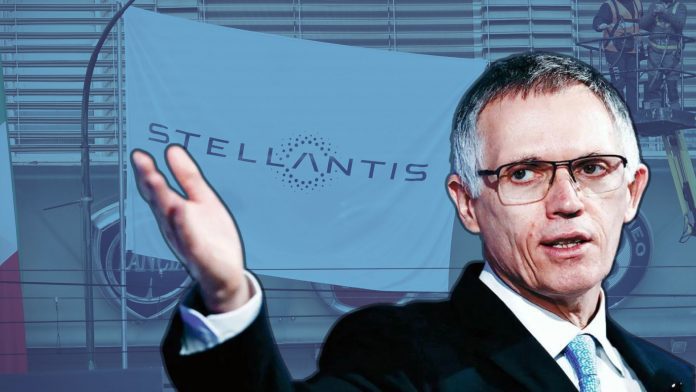Stellantis Ventures has invested in the France-based Tiamat Energy, a technology firm developing sodium-ion electric vehicle batteries. The carmaker claims sodium-ion materials are more abundantly available than lithium-ion batteries, which are generally featured in EVs, so it has a lower cost per kilowatt-hour.
With this latest investment, the automaker supports firms creating new battery chemistries, such as solid-state and lithium-sulfur batteries. The investments in batteries strive to address issues related to range anxiety, EV pricing, and obtaining necessary materials. According to the automaker, it will have enough raw resources until 2027.
The investment supports Stellantis’ mission to provide customers with clean, safe, and affordable mobility worldwide. When compared to the commonly utilized lithium-ion battery technology of today, sodium-ion technology promises to be a more affordable means of storing energy.
“Exploring new options for more sustainable and affordable batteries that use widely available raw materials is a key part of our ambitions of the Dare Forward 2030 strategic plan that will see us reach carbon net zero by 2038,” said Ned Curic, Stellantis Chief Engineering and Technology Officer. “Our customers request emissions-free cars combining price, performance, and a long driving range. As Stellantis and its partners strive to create innovative technologies for the future, this is our North Star.”
One of the main components of the Dare Forward 2030 strategy plan is the transition to electric propulsion. By 2030, it aims to have 50% of passenger cars and light-duty trucks in the US and 100% of passenger cars in Europe as battery electric vehicles (BEVs). Stellantis is obtaining about 400 GWh of battery capacity to meet these sales goals. With a single-digit percentage compensation for any leftover emissions, Stellantis is on target to achieve net zero by 2038, including all scopes.




